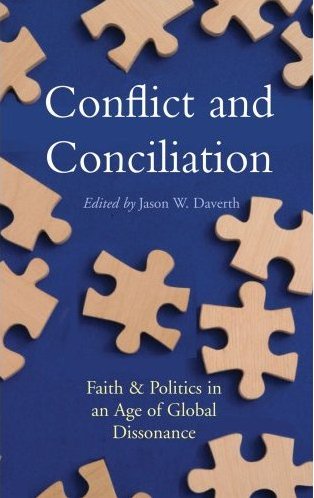U.S. Working longer, not better
 I’ve been trying to explain this to American conservatives for years:
I’ve been trying to explain this to American conservatives for years:
Between 1970 and 2000, GDP per person rose by 64% in the United States and by 60% in France. In America, this came about because productivity per worker rose by 38% and hours worked per worker rose by 26%. In France, it came about because productivity rose by 83% while hours worked fell by 23%.
I did live and work in France for several years, and yes, I was surprised at how much vacation time I had. Coming from a lifetime in the U.S. work culture, I was accustomed to 60+ hour work weeks which, in true Office Space style, generally consisted of maybe 10-15 hours of actual work. Can you blame me? I was exhausted!
So it is true that while I was working in France, it often felt like I spent more time with my wine and cheese than my students. But somehow my coworkers and I got the job done, and we got it done to a high standard and with evident pride in our accomplishments. This notion that more hours equates to productivity gains is naïve at best. Yet for some reason, U.S. labor conservatives have never fully grasped the notion of diminishing returns.
Well, with more studies like these coming out, I hope they start. Because their current model is making the U.S. a pretty crappy place to find yourself employed in terms of work-life balance. Not to mention all the tertiary effects of long work hours (or multiple low-paying jobs) – absent parents, crime, obesity, alcoholism and drug use, road rage, crotchety old people …









